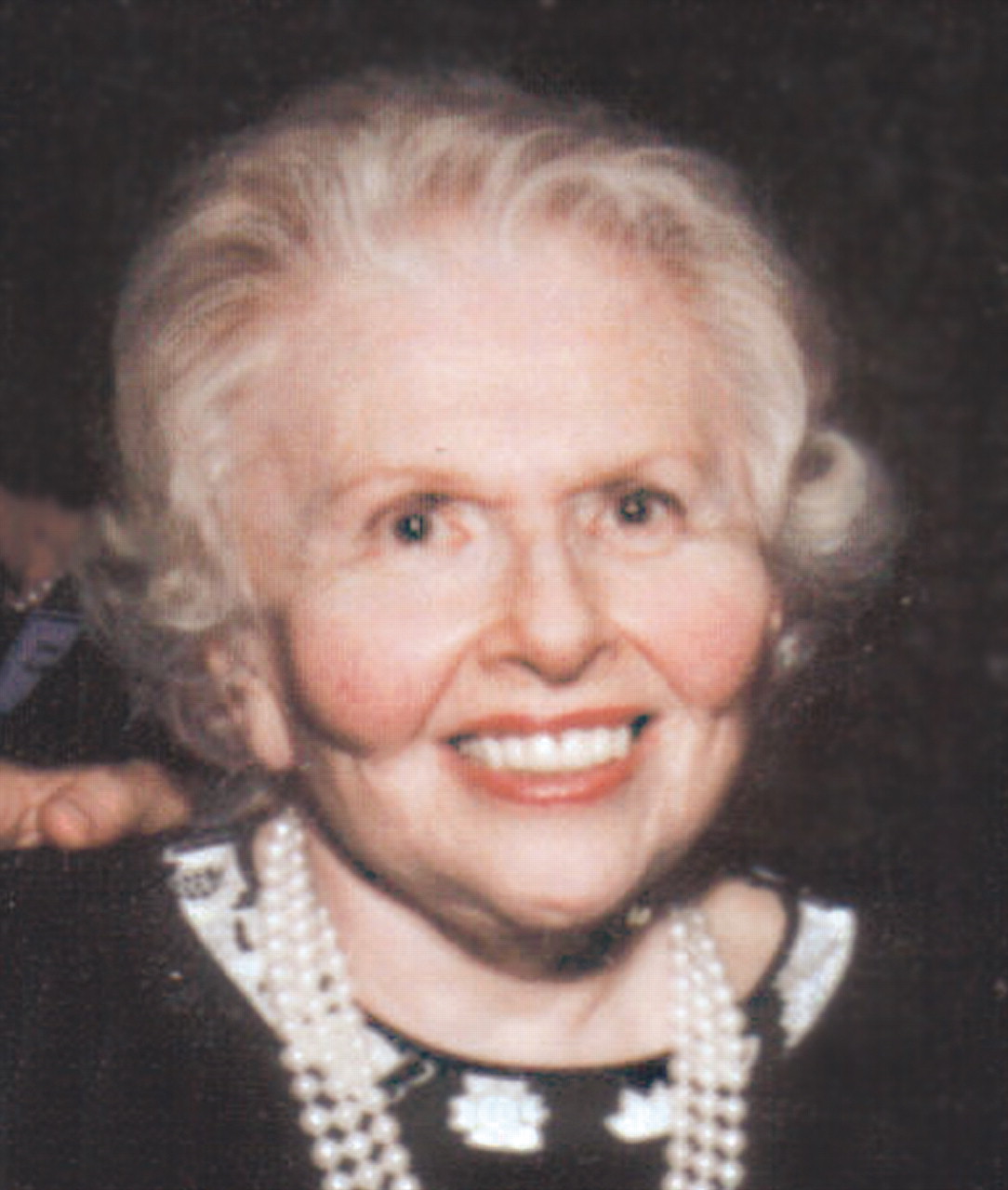When Constance Lieber began her search for information on schizophrenia, she had no idea that it would lead her to the helm of one of the largest donor-supported organizations in the world devoted to funding scientific research on schizophrenia and mood disorders.
Lieber is now president of the National Alliance for Research on Schizophrenia and Depression (NARSAD), a private, nonprofit organization that raises and distributes funds for scientific research into the causes, cures, treatments, and prevention of severe mental illnesses, primarily schizophrenia and depression.
The quest that took her through stacks of scholarly journals and to experts at the National Institute of Mental Health (NIMH) also brought her to a meeting at Columbia University in spring 1985 to gather information on the illness that had taken her only daughter prisoner years before.
During graduate school in the early 1980s, Lieber’s daughter, Janice, experienced her first psychotic break. When Lieber and her husband, Stephen, took Janice to the hospital, “the doctor diagnosed her with schizophrenia and told us that she had a poor prognosis,” Lieber recalled. “We were completely upset and bewildered—no one in our families had ever had schizophrenia.”
Eager to improve mental health services, Lieber began serving on the boards of the Larchmont-Mamaroneck Guidance Center and the Mental Health Association of Westchester County in New York. She also attended local meetings and national conventions held by the National Alliance for the Mentally Ill.
Herbert Pardes, M.D., left his position as director of NIMH in 1984 to become director of the New York Psychiatric Institute and chair of Columbia’s department of psychiatry. He held a seminar each spring at Columbia to discuss what was then known about schizophrenia, including new treatments and research findings, with family members. Pardes, a past APA president, is now president and CEO of New York Presbyterian Hospital.
At the meeting, Pardes announced the formation of a new organization dedicated to researching serious mental illness. NARSAD came to exist through the combined efforts of the National Alliance for the Mentally Ill, National Mental Health Association, National Depressive and Manic Depressive Association (whose name was recently changed to the Depression and Bipolar Support Alliance), and American Schizophrenia Foundation. Leaders from these organizations saw the need to create a separate organization dedicated to funding nongovernmental research on brain disorders and came together to lay the foundation for NARSAD.
“After the meeting,” Lieber told Psychiatric News, “I approached Herb [Pardes] and told him that I was interested in working with this new organization.” Lieber began serving on NARSAD’s board of directors that year and became president of the organization in 1989.
Pardes became president of NARSAD’s scientific council, a post he still holds.
In the beginning, Lieber’s goal was to “build the organization to find the causes, better treatments, and possibly a cure for mental illness.” NARSAD-sponsored research, she said, has brought these goals within sight.
“I’m more hopeful now about the future of psychiatry than I ever was,” she said.
As president of NARSAD, it is not uncommon for Lieber to volunteer 60 hours a week to publicize the research sponsored by the organization, organize NARSAD’s annual fundraising dinner gala, and edit its quarterly newsletter.
She also fields occasional phone calls from the distraught parents of children with serious mental illness. She advises them to take the child to the closest teaching hospital for a psychiatric consultation and sometimes dispenses motherly advice. “I can give them anecdotal information as a parent.”
During Lieber’s tenure at NARSAD, the organization has progressed from awarding $250,000 to 10 researchers in 1987 to more than $20 million to 598 scientists this year. Some of this award money goes to recipients of the Lieber Prize for Outstanding Research in Schizophrenia, established by the Liebers in 1987. The Essel Foundation—a charitable foundation founded by the Liebers in 1963—provides the $50,000 cash prize for the schizophrenia researchers. Two of its recipients, Arvid Carlson, M.D., who won the Lieber prize in 1994, and Paul Greengard, Ph.D., in 1996, have also won Nobel prizes.
Lieber is especially proud of the ways in which NARSAD has helped its young investigators, one group of researchers who receive NARSAD funding and are eligible to win awards for their work. “Many have developed their careers and have come a long way,” she said. A few have even wound up on NARSAD’s scientific council, Lieber said, such as James Kennedy, M.D., John Rubenstein, M.D., Ph.D., Husseini Manji, M.D., and Robert Malenka, M.D., Ph.D.
After being diagnosed with schizophrenia, Lieber’s daughter struggled to tolerate the side effects of her medications and sometimes became sick again when she stopped taking them. “She’d say that the drugs made her sicker than she was without them and that she couldn’t sit still,” Lieber recalled.
Relief both from the bothersome side effects and psychosis came in the form of a new medication, Clozaril, on which one of the NARSAD board members, Herbert Meltzer, M.D., had conducted preliminary and independent research. Before beginning yet another drug regimen with her daughter, Lieber asked Meltzer, “Would you give this drug to your child?” Meltzer expressed his belief in the drug’s benefits, and Lieber’s daughter has been relatively stable since she began taking the drug.
“Cloazril has made a great deal of difference in her life and in mine,” said Lieber.
Lieber has won a number of awards for her work in the mental health arena, among them APA’s Organizational Distinguished Service Award this past May.
She is also president of the Essel Foundation, which she cofounded with her husband in 1963. The foundation, which has funded a great deal of NARSAD research, initiated and supported the Williams College Neuroscience Program and the Lieber Center for Schizophrenia Research at Columbia University. In 1999 she was awarded the honorary degree of doctor of humane letters from Brooklyn College and Williams College.
“I’m excited about how the science is going to help families living with mental illness,” Lieber said. “That is where their hope is.” ▪

